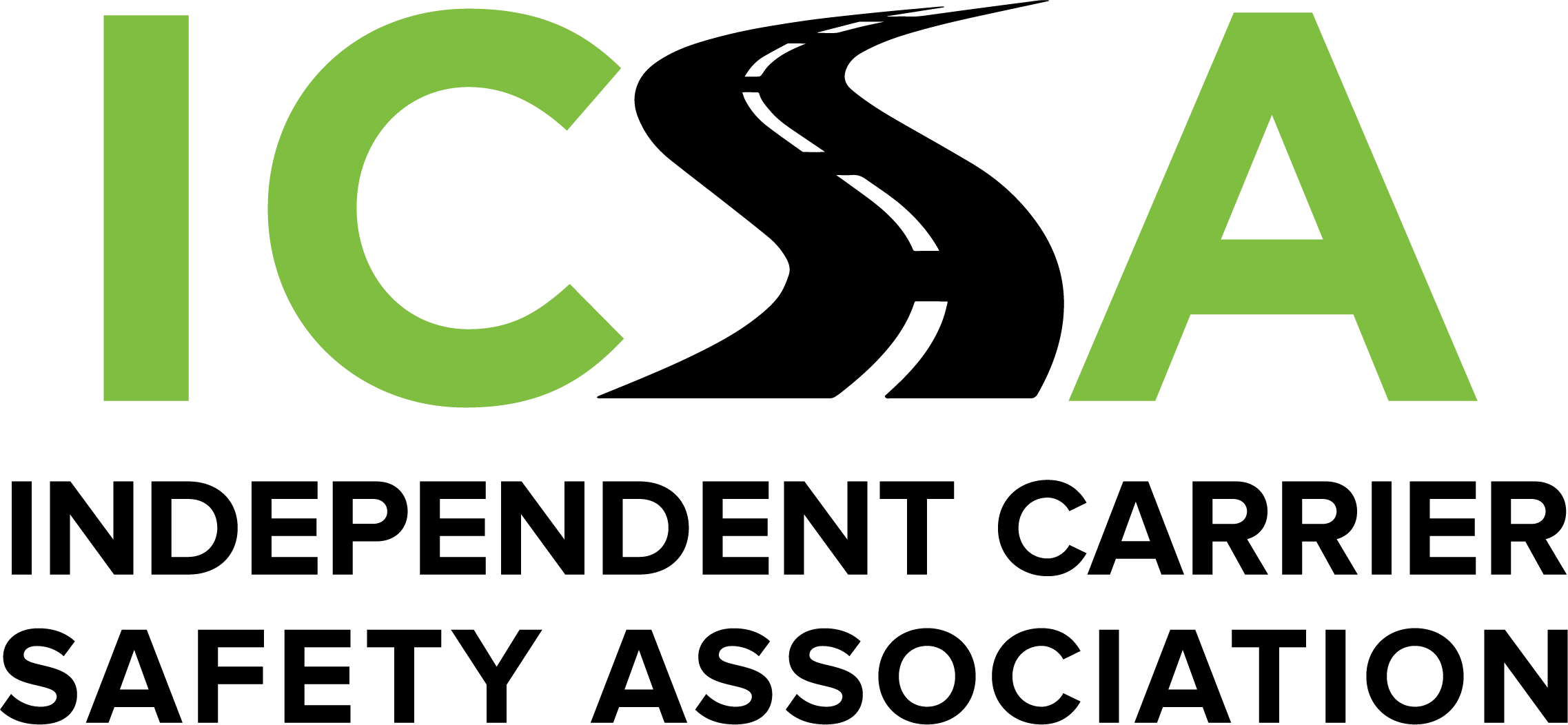At the Transportation Research Board Annual Meeting in Washington, D.C. earlier this month, planners advanced several proposals to address the truck parking shortage. It was refreshing to hear that at least one entity – the American Transportation Research Institute (ATRI) – is working on mechanisms that will help states make more useful parking investments by considering where additional spots are needed and where they aren’t.
Some attendees believe transportation officials can develop and use artificial intelligence and other technological advancements to give truck drivers more real-time information about when and where spaces are available. The increased spotlight on parking comes at a time when the public and private sectors are planning to spend money on increasing capacity, and Congress is looking at a $700 million funding package.
The issue of truck staging is finally getting the attention it deserves. Much of the demand for additional truck parking is not on major freight routes but is off-site parking for trucks waiting to load and/or unload. A pilot program conducted by Virginia DOT concluded that at least some parking must be tailored to key urban pickup and delivery locations where trucks can wait off-site.
Officials with the Texas A&M Transportation Institute (TTI) reported on the early stages of their project using crowd-sourced data, predictive analysis and other tools to measure daily highly traveled freight traffic routes. By monitoring the number of trucks on a highway or road, researching how long they have been traveling and determining when they would need to stop, TTI believes they can establish patterns and determine when spaces need to be available.
Missouri Department of Transportation (DOT) and research firm Cambridge Systematics reported on their project to identify and rank 18 potential truck parking spots in the state. The study will estimate the benefits of these projects over 30 years in terms of safety, environmental impacts, trucking costs, congestion, noise and infrastructure damage.
University of California-Davis researchers looked at factors that influence truck idling and parking issues in communities designated as Environmental Justice Areas, in which 20% or more of the community is classified as living below the poverty line and 30% or more of the population is a minority.
ICSA will keep you informed as other truck parking efforts move forward.

